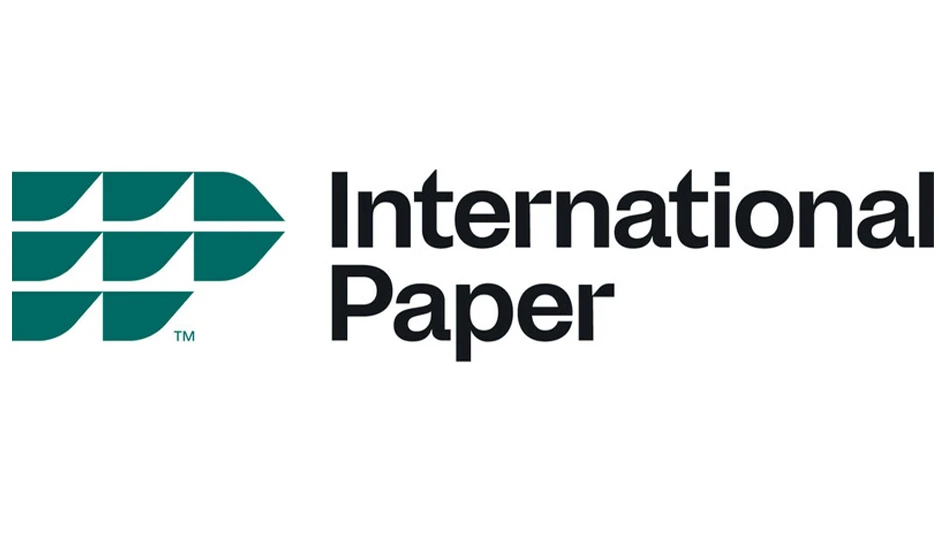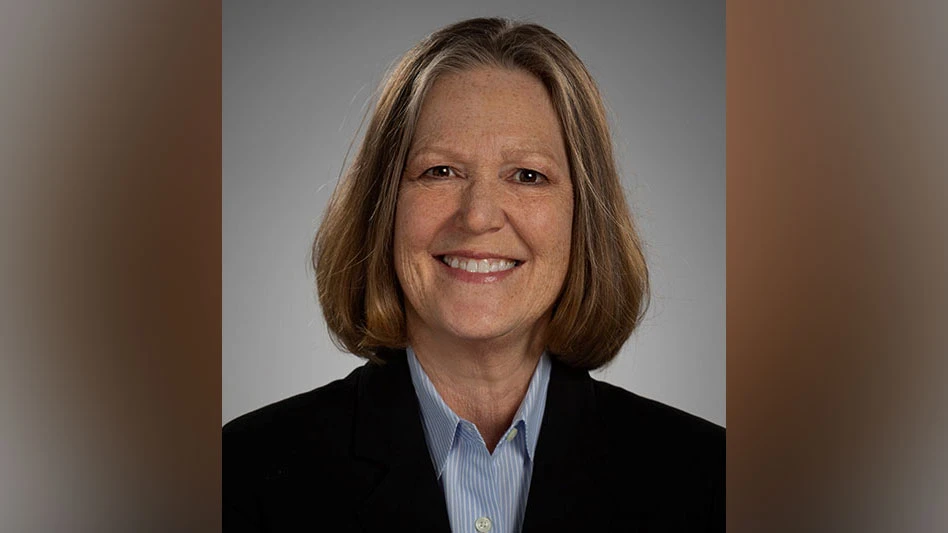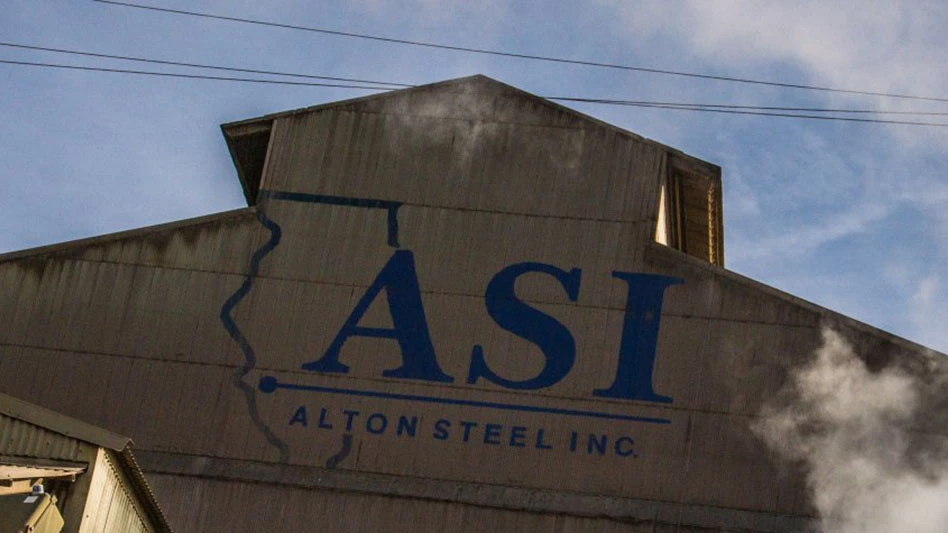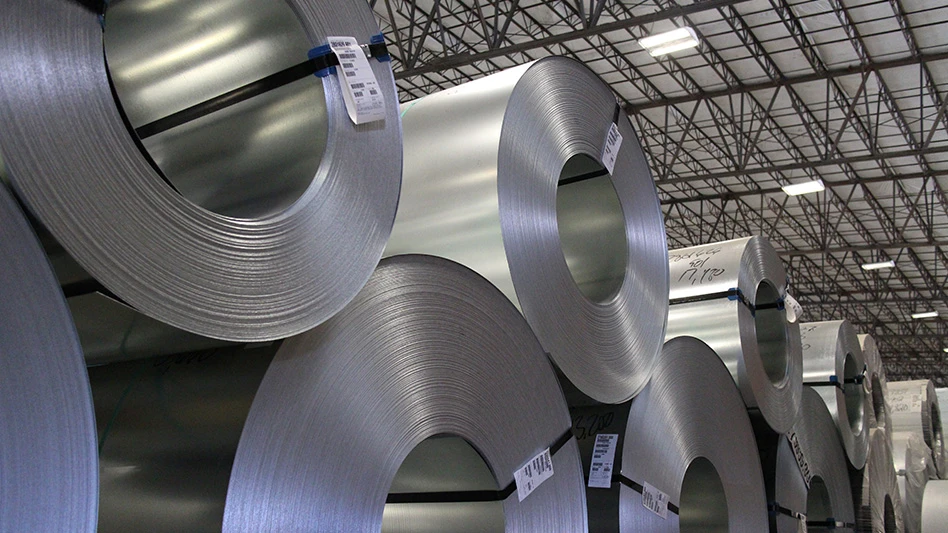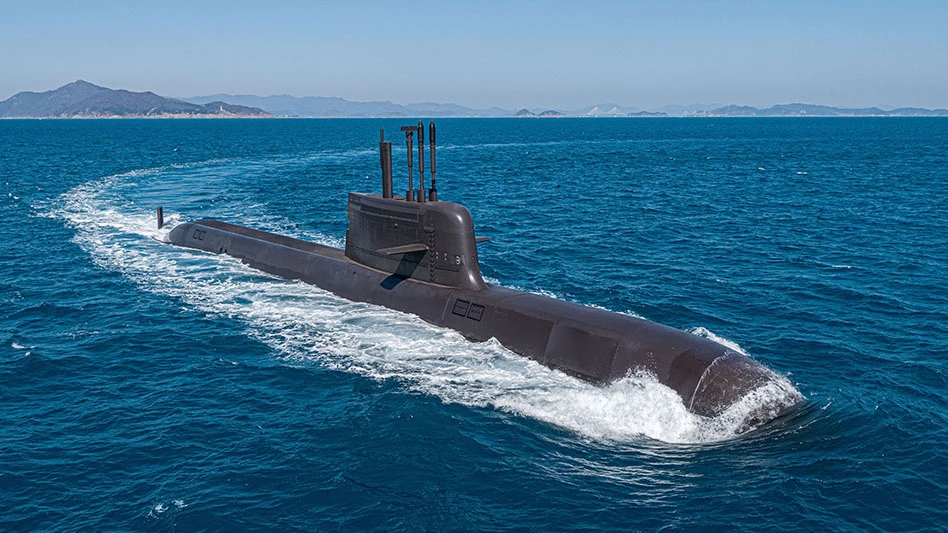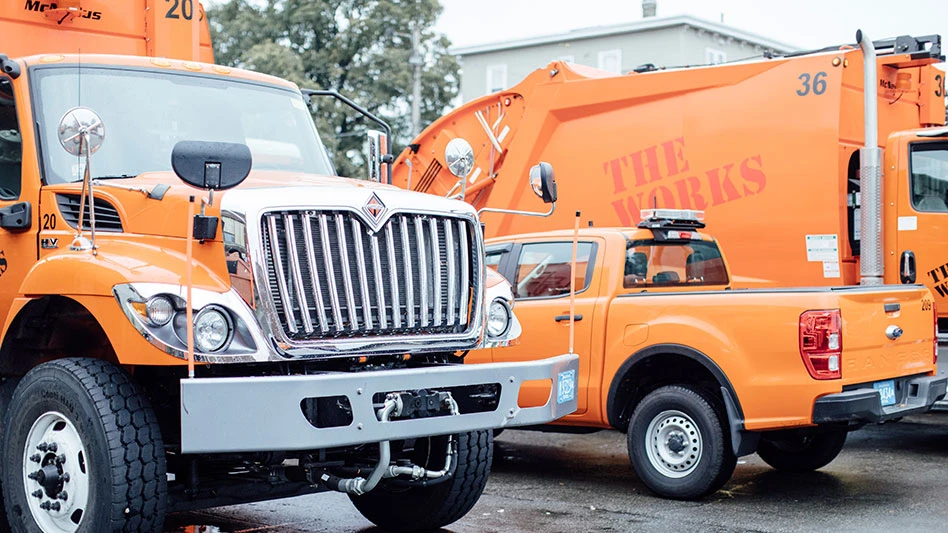
Photo courtesy of Aimplas
Aimplas, the Plastics Technology Centre, a Spain-based technological center that provides solutions to the plastics industry, is coordinating the Sophia project, which is aimed at the implementation of advanced digital solutions to increase the circularity of photovoltaic (PV) panels throughout the value chain.
Sophia is a European Union-funded Horizon Europe project that aims to implement advanced digital solutions in end-of-life solar panels, involving the full value chain to increase their current reuse, repair and recycling rates.
For the evaluation of the panels’ state-of-health, a prototype will be developed for a fast evaluation of their efficiency, black areas and main damages.
According to Aimplas, solar panels with remaining efficiency greater than 80 percent will be repaired using robot-assisted equipment and high-performance dielectric varnish. The nonreparable ones will be recycled using technologies to maximize the separation of their main components, which include glass, silicon, metals and plastics. For glass fractions, an in-line antimony quantification system will be implemented to maximize their fraction and valorization.
To achieve the goals and the high circularity of the panels in the long term, a new eco-designed and easy dismantling solar panel using debonding on-demand adhesives will be developed. To achieve full panels traceability, Aimplas says a digital platform will be developed to implement a digital product passport (DPP) in new and repaired solar panels, as well as the collection of information to trace current panels without a DPP.
According to Aimplas, the traceability and information available in the DPP will make the panels and components more easily identifiable, hence they will be repaired or recycled, increasing the quality of the obtained secondary raw materials thought to obtain high-purity fractions. The repaired and eco-designed panels and upcycled fractions from end-of-life PV panels will be put up for sale on a specific marketplace, supported by a DPP system.
The project officially started June 1, has a duration of 36 months and is coordinated by Aimplas and managed along with 14 other partners across Europe: Cidetec, Fraunhofer, Wilock, LHV, Sadako, Biosolar, Akumpt, Sisecam, Ferrog, IS, Recyclia, EuRIC, CEPS, ENCO. The project partners gathered June 26 in Valencia to kick-off this Horizon Europe project.
Latest from Recycling Today
- Vecoplan appoints CFO
- Aurubis raises full-year forecast
- Levitated Metals adds LIBS sorting technology
- Redwood Materials closes on $425M in Series E financing
- Updated: Wieland Chase expands northwest Ohio facility
- Recovered paper traders report lukewarm market
- SHFE trading expansion focuses on nickel
- Maverick Environmental Equipment opens Detroit area location
